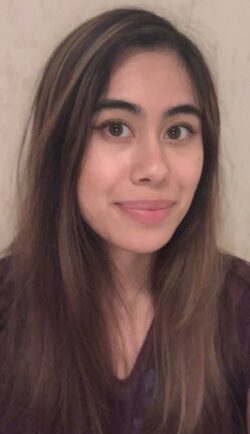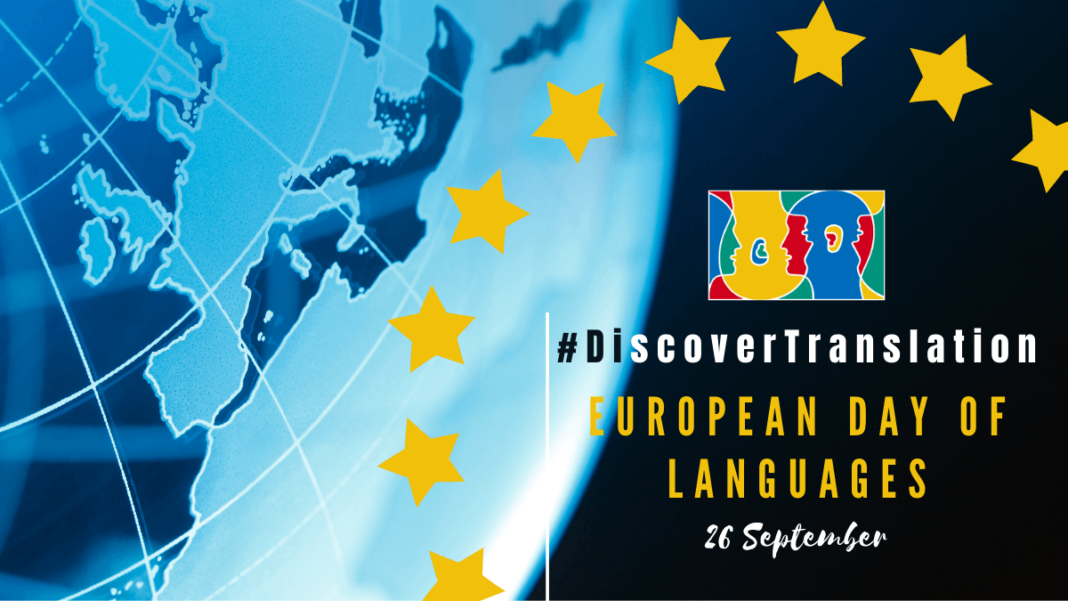In 2001, the Committee of Ministers of the Council of Europe declared the 26 September the European Day of Languages.
Its main objectives are:
- to celebrate Europe’s linguistic and cultural diversity
- to underline the importance of language learning in order to promote plurilingualism and intercultural understanding
- to encourage language learning for all Europeans at all ages and in all forms
Europe’s linguistic diversity
Europe is home to over 200 indigenous European languages in addition to many more languages brought to Europe from all over the world. With increased globalisation and freedom of movement within the EU, knowing foreign languages opens up many opportunities: a 2012 study by the European Commission found that 61% of European respondents thought that the main advantage of learning a new language is the ability to live and work in another country.
The importance of translation
In such a multilingual and multicultural Europe, translators play a vital role in building bridges between languages and cultures. To celebrate the European Day of Languages, the European Commission’s DG for Translation launched the campaign #DiscoverTranslation to raise awareness of the vital importance and benefits of professional translation. The campaign will focus on three topics:
- translation and health care
- translation and culture & entertainment
- translation and every-day life
Throughout the month of September, you will be able to participate in various events and workshops around multilingualism and translation.
The European Parliament honours the European Day of Languages, or Multilingualism Day, through a series of workshops on the day of the 26 September, covering topics such as the daily life of translators and interpreters or the history of European languages.
Find the events here. Find the workshops here and here.
European Day of Languages Logo: Council of Europe


